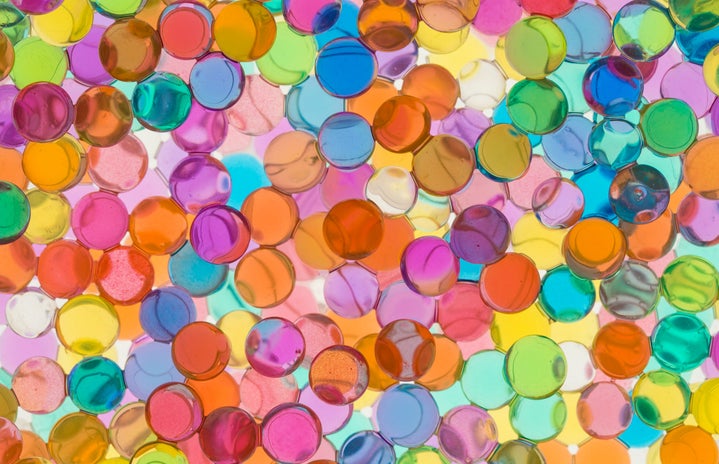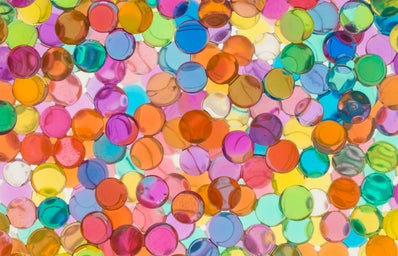Those who struggle with or who have struggled with depression, such as myself and many of my loved ones, are endlessly trying to find ways that will help them prevent or cope with depressive episodes. There are a variety of healthy coping mechanisms that may often be forgotten or unthought of by those with depression. Below are 3 simple and relatively inexpensive ways to fight and prevent depressive episodes that may be used in conjunction with other resources such as prescribed antidepressants, therapy, or supportive family and social circles. (Disclaimer: These 3 coping mechanisms are specifically things that I practice and I’ve found have helped me and continue to help me.)
1. Exercise
I completely understand the annoyance that comes with the advice that exercise will help with depression, especially since those with depression are characteristically unmotivated both emotionally and physically. In addition, not everyone has a gym membership or professional exercise equipment at hand. However, I’ve learned that exercise comes in all different forms. Simply going on a walk or engaging in other forms of low-intensity exercise encourage the release of neurotrophic proteins, also known as growth factors, that help nerve cells grow and ultimately help the brain function. The hippocampus in the brain regulates mood and with the release of growth factors, encourages the growth of this region of the brain, thus helping to regulate depressive episodes. I’ve found hiking to be especially helpful, since it can be done either alone or with loved ones and the beautiful scenery offers a good mental distraction. There also exists all different kinds of hiking trails ranging from easy to hard levels of difficulty, so you can choose a hiking trail according to your own physical endurance. Other forms of fun and simple exercise include biking, swimming, jogging, and yoga. Setting goals for exercise each day, such as a mere five minutes a day of jogging, will help you get started in getting into the habit of being active, and ultimately decreasing the likelihood of falling into a depressive state.
Image Credit to Pexels
2. Art
This can include a variety of art forms, such as music, drawing, painting, dancing, singing, writing, etc. If you are an artist yourself and your specific art often pushes you into a depression, try a different art form. For example, even though most of my artistic interest has laid in music, I’ve recently decided to take up crocheting, painting, and drawing for fun. Even though I’m incredibly mediocre at these activities, they allow me to destress and forget about my phone and social media, which often put me into a depression if I spend too long on them. Crochet materials can be relatively pricey, but simple watercolors are inexpensive and fun to use. Additionally, these things don’t have to be shared with others unless you want them to be. They can be personal and used to look back at your ability to overcome a depressive episode or to remember times in which you were happy. You can also simply find an appreciation for art instead of making it. Listening to music, watching films, and reading books are examples of appreciating art. Libraries usually have movies you can rent for free, so long as you have a library card, and in the meantime, you can also rent a few books while you’re at it. What I’ve found fun also is surrealist writing, specifically introduced by André Breton, in which you simply write whatever comes to mind; it need not make sense and should not be edited or critically thought about. It is essentially writing down your stream of consciousness.
Image Credit to Pixabay
Image Credit to Pexels
3. Eating Good Food
I always tend to forget how much the food I eat can affect my mental health. I look back at the times where I’ve gotten really good food with my friends during the summer, and how happy I’ve felt because I was able to indulge and be with people who I love. In general, it can be very difficult to take care of one’s own body, especially for those who are depressed. Though there is no specific diet proven to “cure” depression, there are certain foods that benefit you physically and mentally. For example, foods rich in antioxidants are helpful in that they help lessen the damage free radicals have on your body. These foods include blueberries, broccoli, nuts and seeds, peaches, spinach, pumpkin, oranges, and so many more. In addition, though carbs are constantly given a bad rep today, they are linked to boosting serotonin, the “feel-good” chemical, in the brain. Therefore, the craving for carbs may signal a low level of serotonin in the brain. Healthy carbs include fruits, vegetables, and legumes, though I’m also not against indulging in the food you crave, whether that be peaches or a big bowl of pasta. More information on foods that may help with depression are in the hyperlink.
Image Credit to Pexels
These are 3 consistent activities/habits that I have found have helped me get through my depression. Obviously, everyone is different and these 3 things may not work as effectively for everyone. It’s important that those struggling with depression have a variety of healthy options for coping mechanisms. In addition to these mechanisms, it is important to have a strong support group of family and/or peers. Everyone deserves to know how to take care of oneself and be armed with the resources needed to fight depression.
National Suicide Prevention Lifeline: 1-800-273-8255


